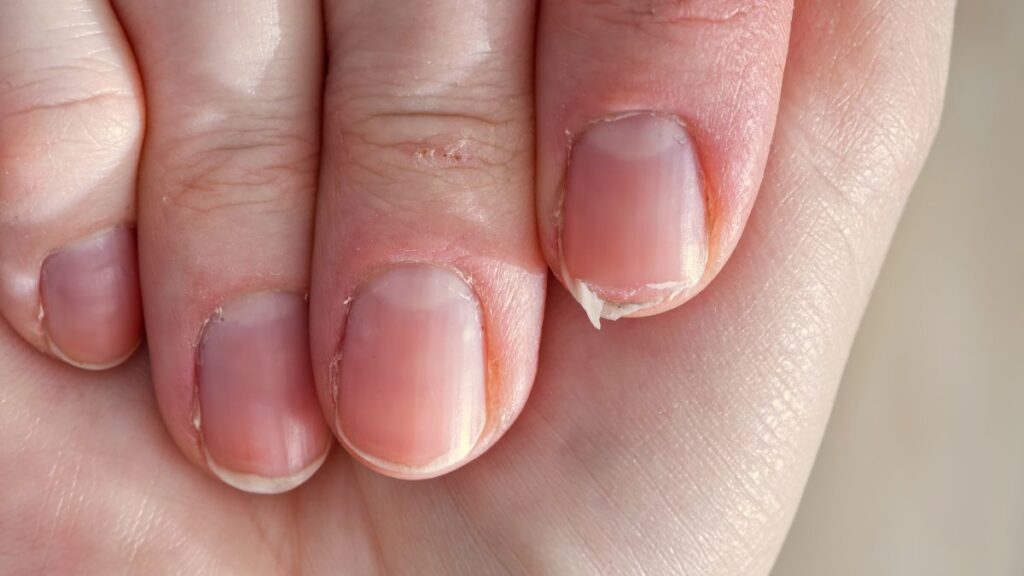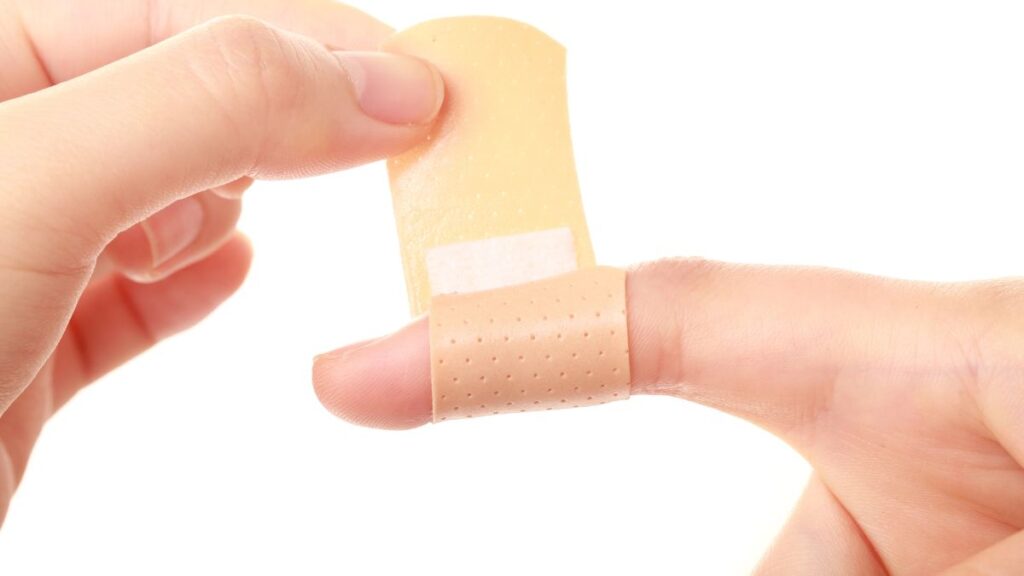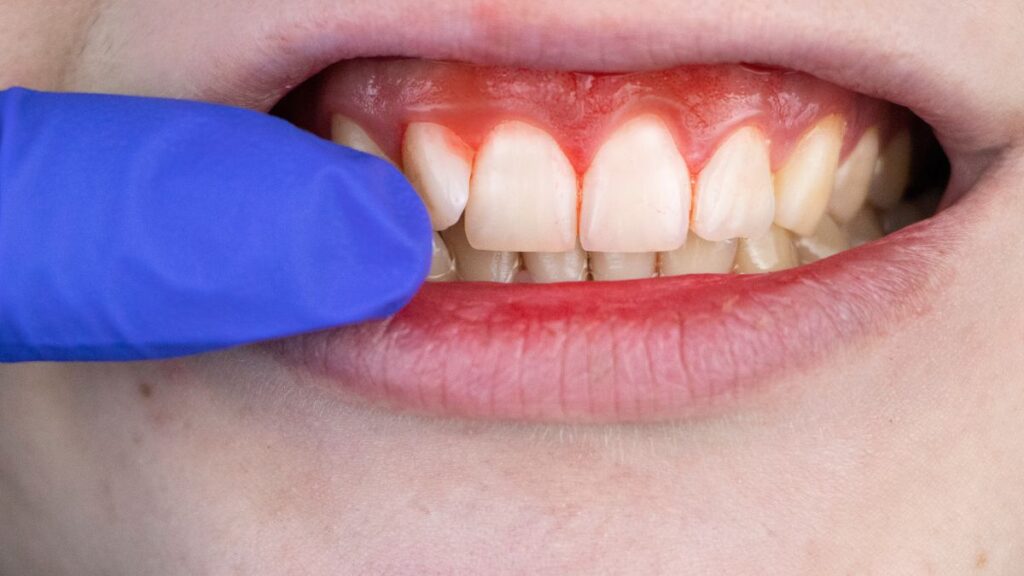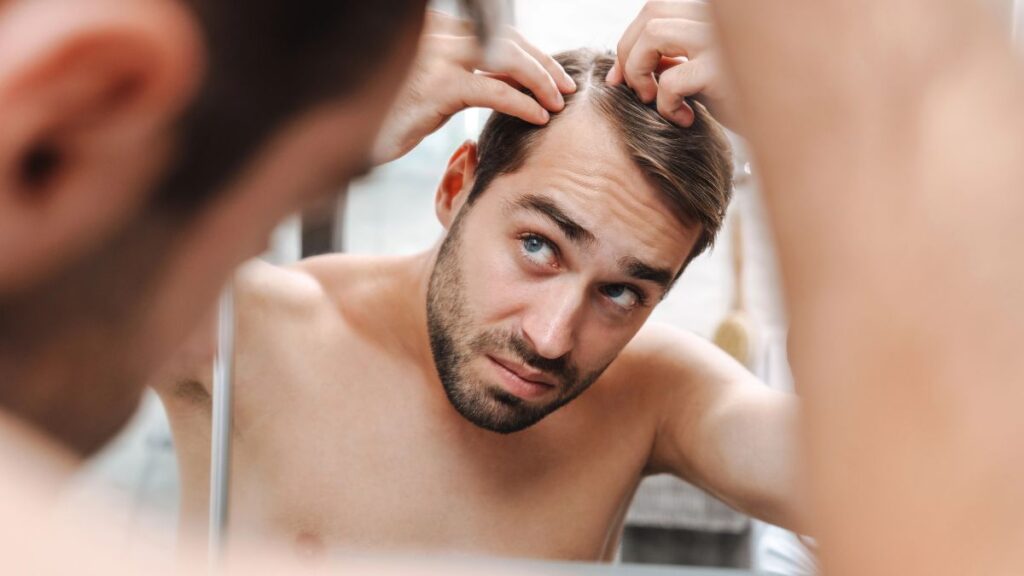15 Warning Signs Your Body Might Be Low on Nutrients
Your body needs a variety of vitamins and minerals to function properly. When you’re not getting enough nutrients from your diet, your body will often send signals that something is wrong. These warning signs can show up in many ways, such as changes in your skin, energy levels, or even mood.
It’s important to recognize these symptoms so you can make adjustments to your diet and get the nutrition you need. Here are 15 common warning signs that your body might be low on nutrients.
Fatigue and Low Energy

Feeling constantly tired or lacking energy can be a sign that you’re not getting enough iron, vitamin B12, or folate. These nutrients are essential for producing red blood cells, which carry oxygen throughout your body.
Without enough oxygen, your muscles and organs can’t function at their best, leading to fatigue. If you find yourself feeling tired even after a full night’s sleep, you may need to increase your intake of these nutrients. Foods like leafy greens, eggs, and lean meats are great sources. Getting your iron levels checked by a doctor can also help pinpoint the issue.
Brittle Hair and Nails

If your hair and nails are weak, brittle, or breaking easily, it could be a sign of nutrient deficiency, particularly a lack of biotin, zinc, or iron. These nutrients help to strengthen the structure of hair and nails. Without them, your body struggles to maintain healthy growth. You might also notice thinning hair or hair loss if you’re not getting enough protein.
Eating foods like eggs, nuts, seeds, and whole grains can help strengthen your hair and nails. Biotin supplements may also be beneficial if you’re struggling to get enough from your diet.
Dry Skin

Dry, flaky skin can be a sign that your body is low on essential fatty acids like omega-3s, as well as vitamins A and E. These nutrients help maintain skin hydration and protect against environmental damage. When your skin is deprived of these nutrients, it can become dry, irritated, and more prone to cracking.
Foods like salmon, walnuts, and avocados are great for boosting your intake of omega-3s and vitamins A and E. Drinking plenty of water can also support skin hydration from the inside out.
Frequent Headaches

If you’re experiencing frequent headaches, it might be a sign that you’re low on certain nutrients, such as magnesium or vitamin B2 (riboflavin). Magnesium helps to relax blood vessels, which can reduce headache frequency and intensity. Vitamin B2 is important for energy production and may help prevent migraines.
If your headaches are persistent, try adding more magnesium-rich foods like spinach, almonds, and dark chocolate to your diet. A daily multivitamin can also help ensure you’re getting enough of these essential nutrients.
Slow Wound Healing

If cuts and bruises take a long time to heal, it could be a sign that your body is lacking vitamin C or zinc. Both of these nutrients play a critical role in tissue repair and immune function. Without enough vitamin C, your body struggles to produce collagen, which is needed for skin repair.
Zinc, on the other hand, helps speed up the healing process by supporting cell growth and inflammation control. Citrus fruits, berries, and seeds are great ways to get more of these nutrients into your diet. A slow recovery from injuries may also suggest your overall immune system needs a boost.
Cracks at the Corners of Your Mouth

Painful cracks at the corners of your mouth, also known as angular cheilitis, can be a sign of a vitamin B deficiency, particularly riboflavin (B2) or niacin (B3). These vitamins are crucial for maintaining healthy skin and mucous membranes.
A lack of them can cause dryness, redness, and irritation around the mouth. Eating more eggs, lean meats, and dairy products can help boost your vitamin B levels. Keeping your lips moisturized and drinking plenty of water can also help reduce irritation.
Bleeding Gums

Bleeding gums can be a sign of vitamin C deficiency, which weakens the blood vessels and causes gums to become inflamed and prone to bleeding. Vitamin C is essential for collagen production, which helps keep your gums healthy and strong.
If you notice bleeding gums while brushing or flossing, it’s a good idea to increase your intake of vitamin C-rich foods like oranges, strawberries, and bell peppers. Regular dental checkups can also help prevent gum problems, but nutrition plays a key role in gum health.
Frequent Infections

If you find yourself catching colds, flu, or other infections often, it may be a sign that your immune system is weak due to nutrient deficiencies. Vitamins A, C, D, and zinc are especially important for maintaining a strong immune system.
These nutrients help the body fight off bacteria and viruses by boosting white blood cell production. Incorporating foods like citrus fruits, fatty fish, and leafy greens into your meals can help strengthen your immune defenses. Regular exercise and getting enough sleep are also important for keeping your immune system in top shape.
Poor Night Vision

Struggling to see in low-light conditions can be a sign of vitamin A deficiency. Vitamin A is essential for maintaining good eyesight, especially in dim lighting. Without enough vitamin A, your eyes may have difficulty adjusting to darkness, and you could even develop night blindness.
To improve your night vision, include more vitamin A-rich foods in your diet, such as carrots, sweet potatoes, and dark leafy greens. Vitamin A supplements are also available, but it’s best to consult with a doctor before taking them.
Mood Swings or Depression

A lack of certain nutrients, particularly omega-3 fatty acids, vitamin D, and B vitamins, can affect your mood and mental health. These nutrients help regulate brain function and neurotransmitter activity, which are essential for mood stability.
Deficiencies in these nutrients can lead to feelings of sadness, anxiety, or even depression. If you’re experiencing mood swings or a prolonged low mood, consider increasing your intake of fatty fish, whole grains, and fortified dairy products. Regular sunlight exposure can also boost your vitamin D levels naturally.
Weak Muscles or Cramps

Frequent muscle cramps or weakness can be a sign that your body is low in magnesium, potassium, or calcium. These minerals are vital for muscle contraction and relaxation, and without enough of them, your muscles may become stiff or painful.
If you experience muscle cramps often, try eating more bananas, spinach, and dairy products to replenish these minerals. Staying hydrated is also crucial, as dehydration can make muscle cramps worse. Regular stretching and physical activity can further support muscle health.
Pale Skin

If your skin appears paler than usual, it may be a sign that you’re not getting enough iron or vitamin B12. Both of these nutrients are essential for producing red blood cells, which carry oxygen to your tissues.
Without enough oxygen, your skin can look pale and feel cold. If you notice this symptom, try increasing your intake of iron-rich foods like red meat, beans, and fortified cereals. Vitamin B12 is found in animal products, so vegetarians and vegans may need to consider supplements.
Hair Loss

Excessive hair shedding can be a sign of nutrient deficiencies, especially a lack of iron, zinc, or biotin. These nutrients are crucial for hair growth and maintaining healthy hair follicles. Without them, your hair may become thin, brittle, and prone to falling out.
If you’re experiencing hair loss, consider adding more lean meats, nuts, and seeds to your diet. Taking a daily multivitamin can also help ensure you’re getting enough of these essential nutrients.
Tingling or Numbness

Tingling or numbness in your hands and feet can be a sign that you’re low on B vitamins, particularly B6, B12, and folate. These vitamins are essential for nerve function, and a deficiency can cause nerve damage, leading to tingling sensations.
This symptom is often described as “pins and needles” and may also be accompanied by muscle weakness. Eating foods like eggs, meat, and leafy greens can help boost your B vitamin levels. If the tingling persists, it’s a good idea to consult a doctor for further evaluation.
Frequent Diarrhea or Constipation

Digestive issues like frequent diarrhea or constipation can be a sign that your diet is lacking in fiber, magnesium, or other essential nutrients. Fiber helps to regulate bowel movements, while magnesium supports muscle contractions in the digestive tract.
Without enough of these nutrients, you may experience irregular bowel movements or discomfort. To improve digestion, increase your intake of fiber-rich foods like whole grains, fruits, and vegetables. Staying hydrated and exercising regularly can also help support healthy digestion.
15 Places Where You’re Expected to Tip—But You Really Don’t Have To

Tipping has become a widespread practice in many industries, with the expectation that you’ll leave a little extra for good service. However, not every situation truly warrants a tip, even if you feel pressured to give one.
15 Places Where You’re Expected to Tip—But You Really Don’t Have To
15 Most Annoying Habits of American Tourists When Dining Abroad

Traveling abroad is an exciting adventure, and dining in new places is a big part of the experience. However, some common behaviors by American tourists can be frustrating for locals and affect the dining experience.
15 Most Annoying Habits of American Tourists When Dining Abroad







